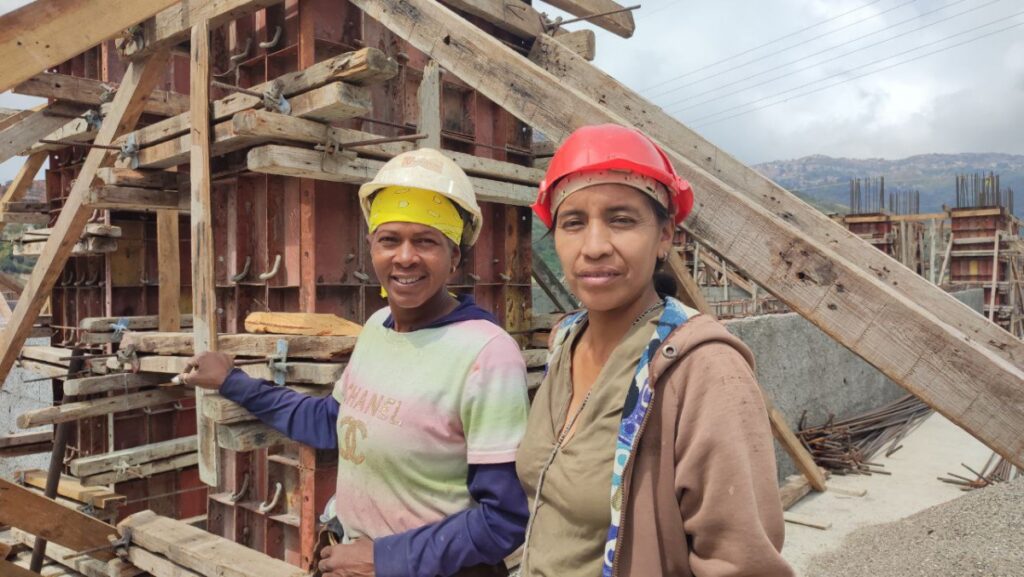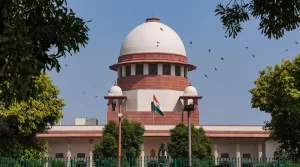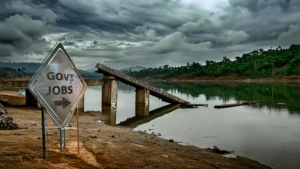Commodified housing, shantytowns, evictions and homelessness are worldwide realities and no matter how hard corporate media tries to ignore it, this is one of the most glaring horrors of capitalism.
In contrast, Venezuela’s Great Housing Mission (GMVV) has built over 4,4 million houses for working-class families since 2011, after revolutionary leader Hugo Chávez declared access to land and adequate housing to be human rights and the foundation for a dignified life.
The goal is to reach 5 million homes by 2024.
Furthermore, the program often provides social infrastructure such as schools, subsidized food markets, and recreational and green spaces while houses are handed over equipped with basic household appliances. As a result, extreme structural poverty in Venezuela went from 10,8% in 1998 to 4,3% in 2018, according to the last available report published by the National Statistics Institute (INE).
The GMVV’s reach hinges on popular power with over 70% of the constructions reportedly self-managed by communities, with financial and logistical support from government institutions. This helps to significantly reduce costs.
To understand its success despite an ongoing economic crisis under crippling U.S. sanctions, we visited a women-led construction project that has become a staple of the social program and an example of grassroots feminism.
Building the future
The beautiful Antímano Parish in southwestern Caracas has an army of self-trained women working year-round to build homes for their families and transform the reality around them. Their story began almost 12 years ago when they gathered for the first time to create the AVV Housing Assembly (“Asociación Viviendo Venezolano”) Jorge Rodríguez Padre.
The entire project took off because of women’s leadership. Ayari Rojas and Ycedia Bodeo, both mothers and main spokespeople of the project, began this journey in 2012 and were responsible for bringing together the 96 families that will benefit from the self-managed endeavor.
“We are here because of President Hugo Chávez. Although the Great Housing Mission was created to provide homes for the families affected by the heavy rains of 2010-2011, Chávez realized the need to speed up the housing revolution and he instructed us to organize for that purpose. So we did,” Rojas explained to us.
For the Antímano women, the task ahead was clear. “First we began holding meetings to discuss the participatory character of our project,” continued Bodeo, “and we started training in architectural building design, measurements, ergonomic systems and everything related to pre-construction work.”
In 2015, they located a beautiful area with breathtaking mountain views in the El Algodonal neighborhood, which had been abandoned by its owner with tons of metal scrap waste. “We are not invaders as some have called us, we did everything legally,” Bodeo said, reminding us that right-wing factions have always opposed land being used for the benefit of the people, not capital.
Obtaining the collective land title was their first popular victory but construction work proved to be far more difficult in a besieged country. This phase began in 2017 after cleaning up the terrain, training some more, and outlining the project: twin six-floor buildings, each with 48 apartments of 66 or 76 square meters (two or three bedrooms depending on each family’s requirements).
“It has been five years of self-construction efforts while living under constant attack, from induced food shortages, which meant spending hours looking for products, to national blackouts and a pandemic but the worse aggression has been the unilateral coercive measures from Washington,” recalled Rojas.
Since 2017, the U.S. blockade has hampered every sector of the Venezuelan economy, especially the oil industry, which created many obstacles for the government to finance social programs, among them the Great Housing Mission, resulting in delays and long pauses in delivering construction materials.
Rojas is certain that without this imperial aggression, which has hit women the hardest, their homes would have been completed a long time ago. Nonetheless, they continued advancing by relying on solidarity.
“We contacted other housing assemblies nearby and began exchanging construction materials, such as cement for pipes, according to every organization’s needs. Popular power at its best!”
Now one of the apartment buildings is set to be inaugurated this year and is expected to be a national celebration. “This goes beyond building homes for our families,”—emphasized Claudia Tisoy, a 44-year-old mother and self-trained plumber, “we are also building the future of our country, with women leading the way. This is what the socialist horizon is all about.”
A women’s revolution
It is unusual to see women doing construction work but it is even more unusual to see an army of them. This is what we found in the El Algodonal neighborhood. From the moment you set foot inside the building complex, women greet you while performing a variety of tasks, ranging from concreting to wheeling materials, carpentry, plumbing, and more.
And it’s not that men are missing, but 80 percent of the people who lifted these walls were women, 76 to be precise, with each of the 96 families providing one person for construction work. Not only that, but they also trained themselves in everything.
“None of us knew anything about construction! Mixing cement and laying bricks? No way!” Yusgleidys Ruiz told us laughing as she recalled their beginnings. “Truth is,” she continued, “most women here are housewives who wanted dignified houses for their children so we learned by doing and we have become warriors in the process.”
Ruiz explained that the key to their success has been their ethic and commitment. They are divided into groups that have weekly 24-hour working shifts, for construction during the day and guarding the area during the night, which allows them to keep the project active year-round.
For Ursulina Guaramato, the experience has turned her into a construction rod expert as she proudly admits. “I’m guilty of all that,” she said smiling and pointing to the steel connections that stretch out from some unfinished pillars on the highest floors of the building.
Similarly, Andreína Sanmartín is referred to by her working companions as the indisputable winch machine specialist, a title she has proudly accepted.
“I’m happy because I’ve learned so much about construction and the best part is that I did it while building a home for my family, to give them a better quality of life, a dignified life, like Chávez used to say.”
For their part, the men, most of them self-trained builders as well, agreed that it has been an honor to work among women and learn alongside them about the power of grassroots organization.
“We make all our decisions as an assembly, where everyone has a voice, so this experience has also been about learning how to build popular power and how it can lead to real change. When I have grandchildren I will them the story about the women who constructed all this, not just the buildings but a community,” said Carlos Villanoel.
Antonio Rodríguez, a self-trained carpenter, chipped in to add that women’s leadership made this housing project possible “which is why our main motto is: When a woman advances, no man retreats!”
Community and self-sustainability
With their homes close to being finished, the men and women from the Jorge Rodríguez Padre Housing Assembly want to become the guarantors of Venezuela’s Great Housing Mission continuation by helping other self-managed housing constructions kick off.
They are not selling snake oil either. They have been certified by architects and engineers who have inspected the site and some of the women, including leaders Ycedia Bodeo and Ayari Rojas, have even earned credentials in their respective areas of specialization.
“Passing our knowledge will help more women empower themselves, build their homes and transform their lives for the better. Before Chávez, women were invisible, even the heroines that fought for our country’s freedom. It is time to unleash the heroines that we carry in our blood!” expressed Bodeo.
Another future plan is developing urban agriculture following Chávez’s command that popular power organizations should be self-sufficient and own the means of production. With Venezuela under constant imperialist aggression, these self-managed production endeavors have sprouted across the country, although mostly in rural communes.
The idea is for the 96 Antímano families to become partly self-sustainable over time, harvesting the land that will feed future generations. And they have 2,000 square meters of land for that purpose with a socio-productive unit already running which uses a nutrient-rich and toxic-free compost made by themselves through vermiculture.
“We have a large area for agriculture and we have seen some very good results growing vegetables and legumes as well as fruit plants such as soursop, guava, avocado, papaya, banana, lemon, orange, passion fruit, and pumpkin. We also have a few pigs, ducks and rabbits,” Rojas detailed.
She recalled that during the worst times of the economic crisis, these harvests helped their families survive and they even gave away plenty of food to nearby communities.
However, because this is also a self-learning process, it hasn’t always been a success story and they need more equipment to make it truly sustainable. “When the rain runs out, our production also dries up, this is why we need an irrigation system and to form ourselves more extensively in urban agriculture,” emphasized Rojas.
According to the popular leader, several government institutions have already pledged to provide all the necessary inputs for the community to fulfill their mission.
“We feel very optimistic about our future projects. The men, and especially the women, are ready to continue building a strong community and a brighter future,” she concluded.
(Courtesy: Venezuelanalysis.com, an independent website produced by individuals who are dedicated to disseminating news and analysis about the current political situation in Venezuela.)




